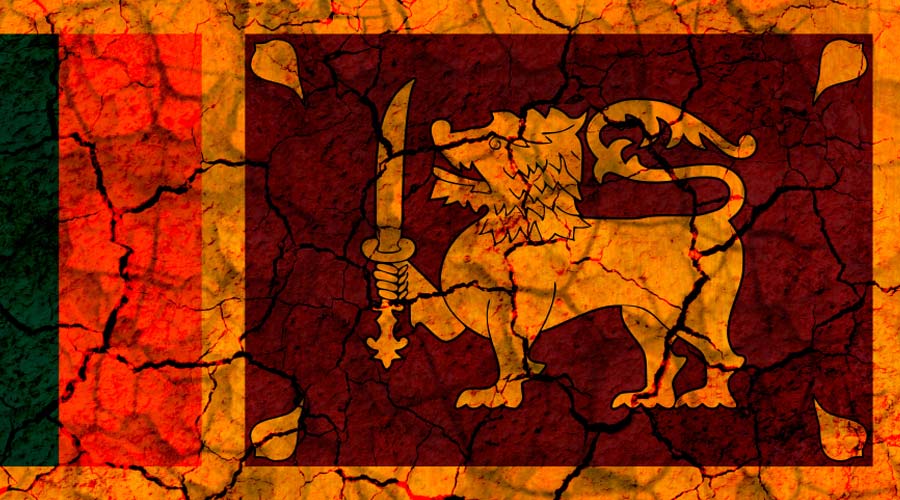The dam has broken. After months of largely peaceful agitation, thousands of Sri Lankan protesters demanding the resignation of the president, Gotabaya Rajapaksa, and his government broke through barricades and braved tear gas shells to enter the presidential mansion over the weekend. Mr Rajapaksa had fled and is now reported to be — literally — at sea, on a naval ship. He has finally promised to resign tomorrow, after previously defying calls to step down over economic mismanagement that has driven Sri Lanka to its worst crisis since its independence in 1948. The interim prime minister, Ranil Wickremesinghe, has also announced that he will resign — angry protesters burnt down his private residence. The stunning scenes emerging from Colombo have gripped the world, with protesters swimming in Mr Rajapaksa’s pool, lying on his beds, jogging on treadmills in his gym and playing carrom in Mr Wickremesinghe’s official residence, which too they broke into. But while the chaos in Sri Lanka reflects a breakdown of governance in the island nation, it holds lessons for countries around the world — especially in South Asia.
In most of the developing world, the power gap between those who rule nations and the rest of the population is so vast that large protest movements of the kind seen in Sri Lanka are hard to build and tougher to sustain. Law enforcement agencies are feared and are seen as defenders of the elite rather than upholders of justice. Meanwhile, governments rely on divisive politics to keep voters tied to their interests. This template — familiar to Indians — is what the Rajapaksas of Sri Lanka followed too, using Sinhala majoritarianism to dominate the country’s politics for most of the last17 years. But by turning a proud nation into one struggling for fuel and food, they ended up uniting the country against them. Such is the anger in Sri Lanka against the country’s political elite that Opposition leaders are squeamish about forming an all-party government — aware that they too will be held responsible if they fail to bring relief to the people. Even a State machinery that crushed one of the world’s most dangerous separatist movements, often relying on brute force and — according to critics — terror tactics against Tamils has been unable to contain the fury of ordinary citizens. If democracy is about people’s power, Sri Lanka is today not just a cautionary tale: it is also a beacon of hope.










